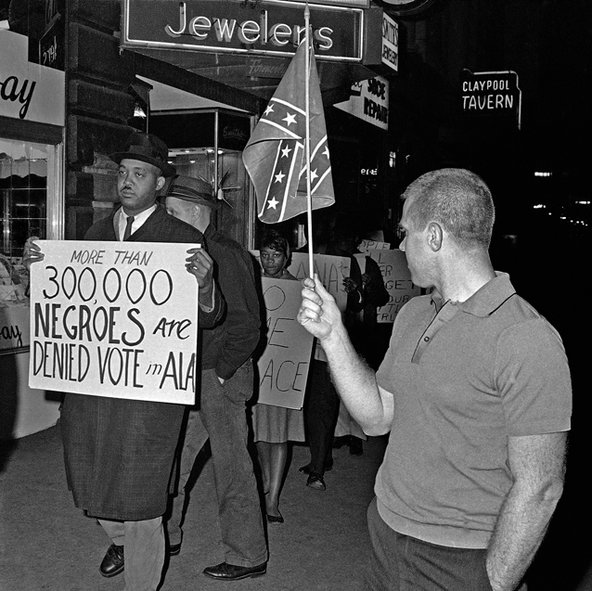
As discussed in PART 1, the “gospel,” according to the Scripture, appears to be a much fuller concept than the mere facts of Christ’s death for sin and resurrection, though these are certainly of “first importance” (1 Cor. 15:3). Beginning with the New Testament epistles, we saw that the gospel also includes the certainty of impartial judgement on the Last Day, contradicts a host of both personal and social sins, dictates who we ought to eat with, and is actually something to be “obeyed.” Going back to the beginning, it became clear that the protoevangelium of Genesis 3:15 promised a restoration of all that was lost in the fall; that is, it promised resurrection of both body and soul, return to original righteousness, renewal of mankind’s natural habitation, and the restoration of society with both God and man (and in each case, much more than the original). The Apostle Paul calls this message of the Seed the “gospel” (preached to Abraham), and the author of Hebrews calls the promise of entrance into God’s seventh day rest the “gospel” as well (preached to the Israelites in the Wilderness), both drawing on Garden evangel themes.








